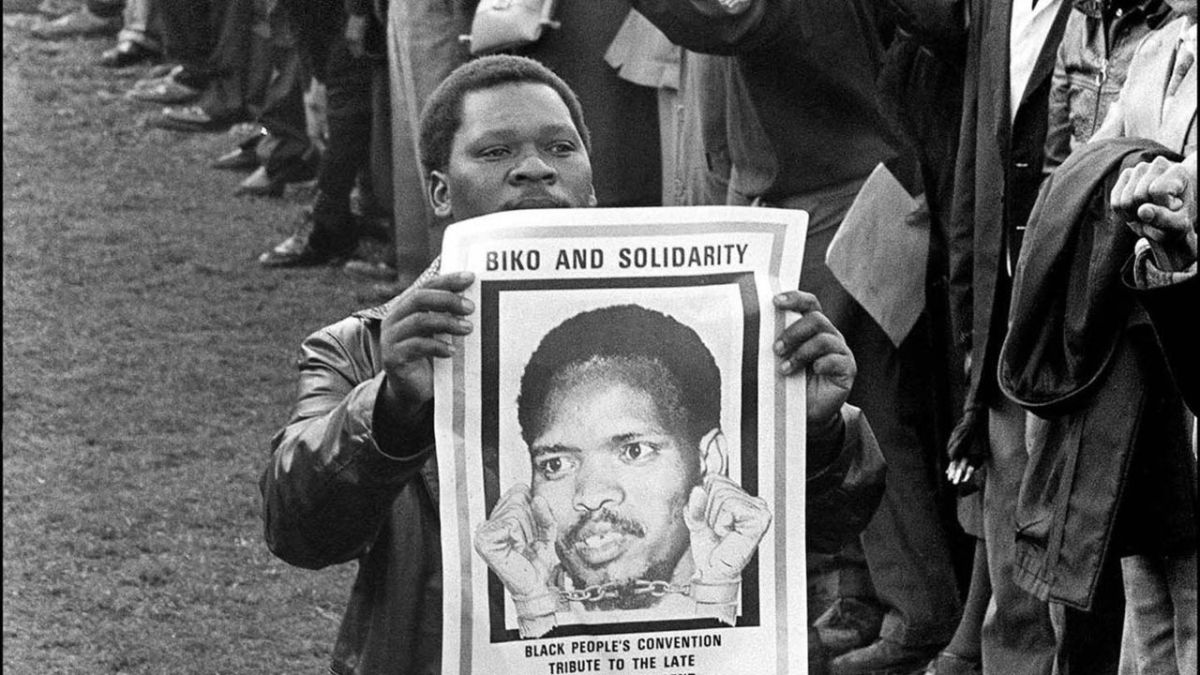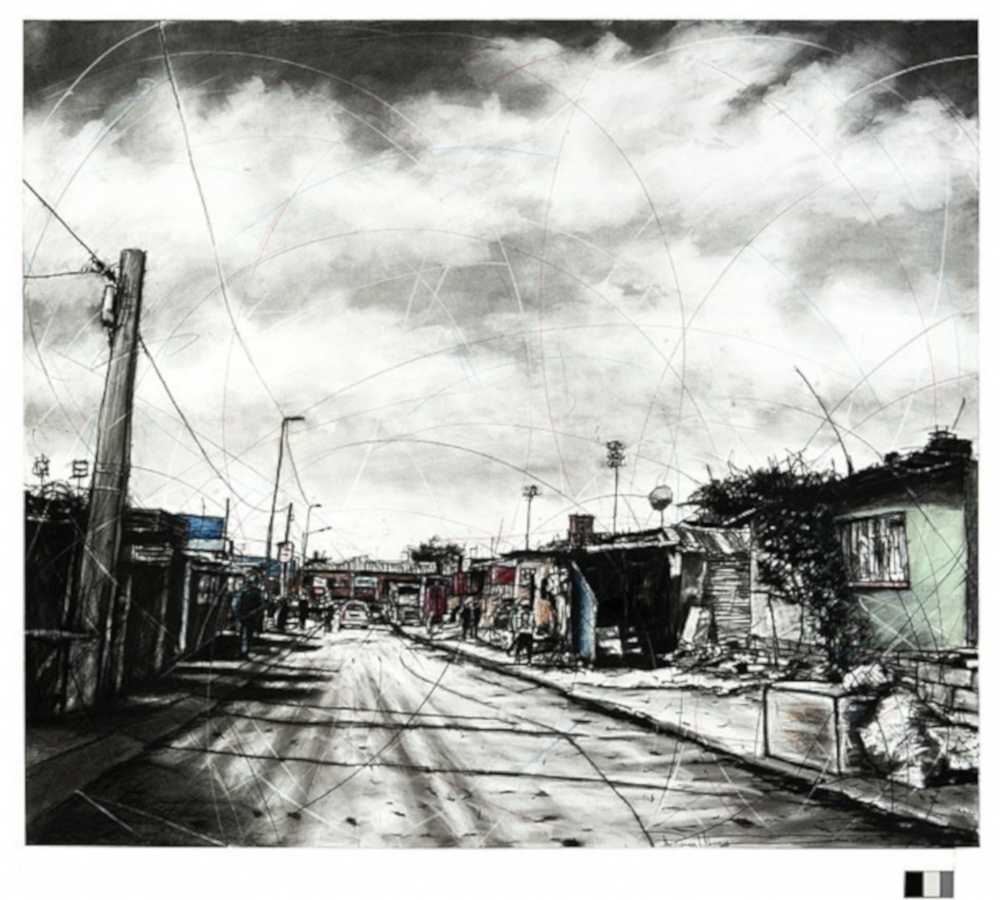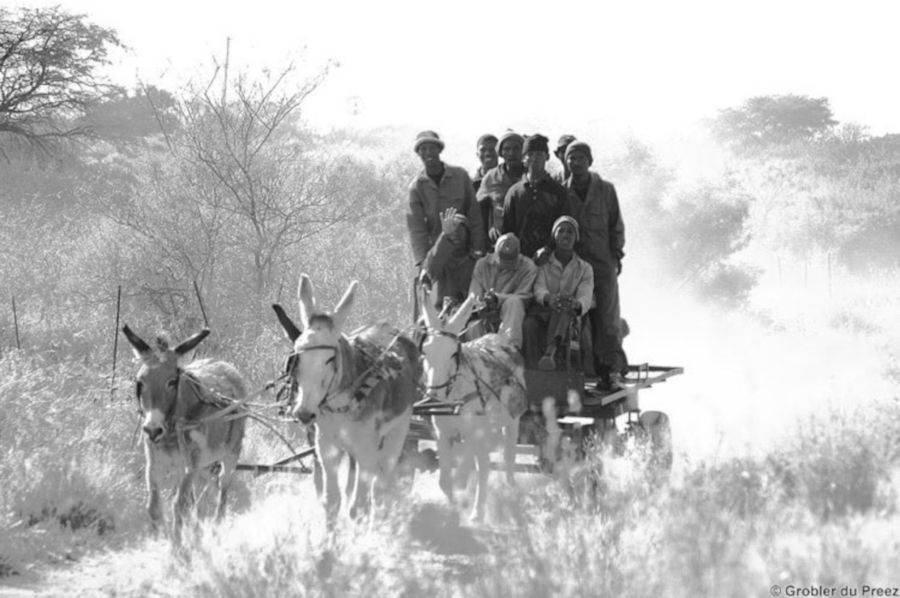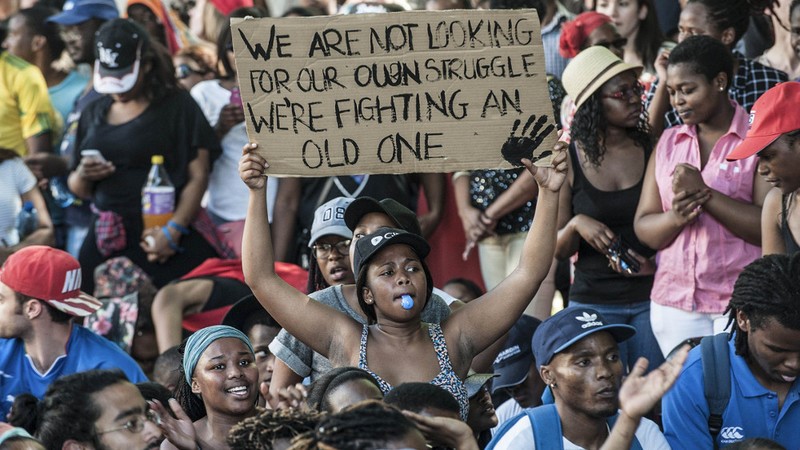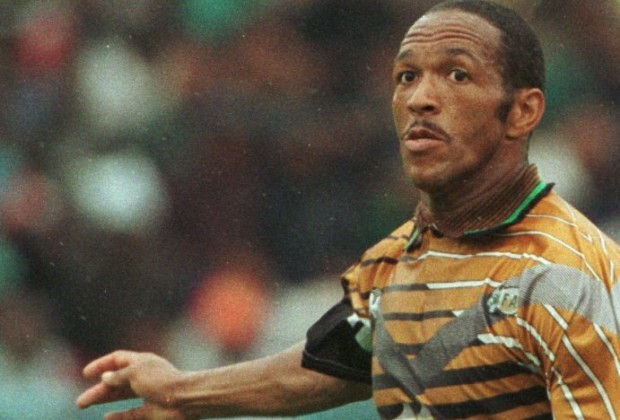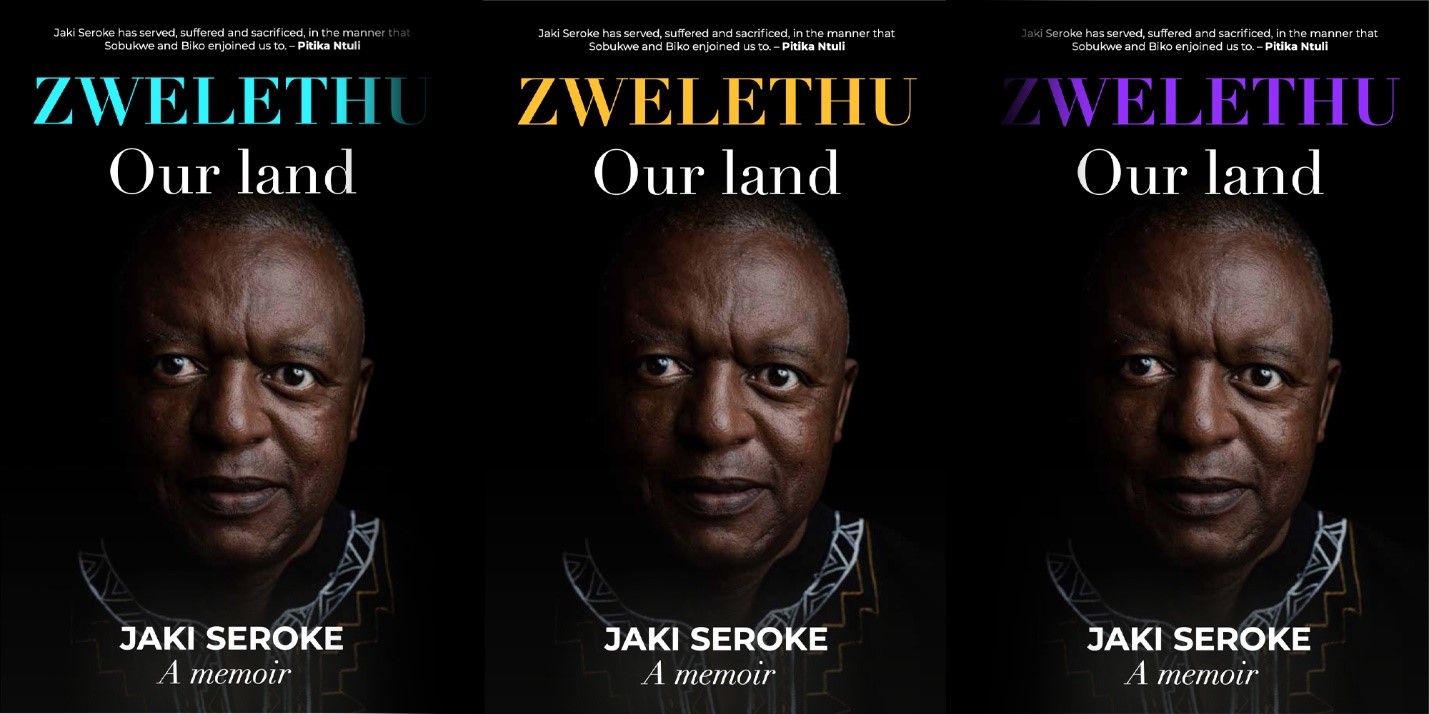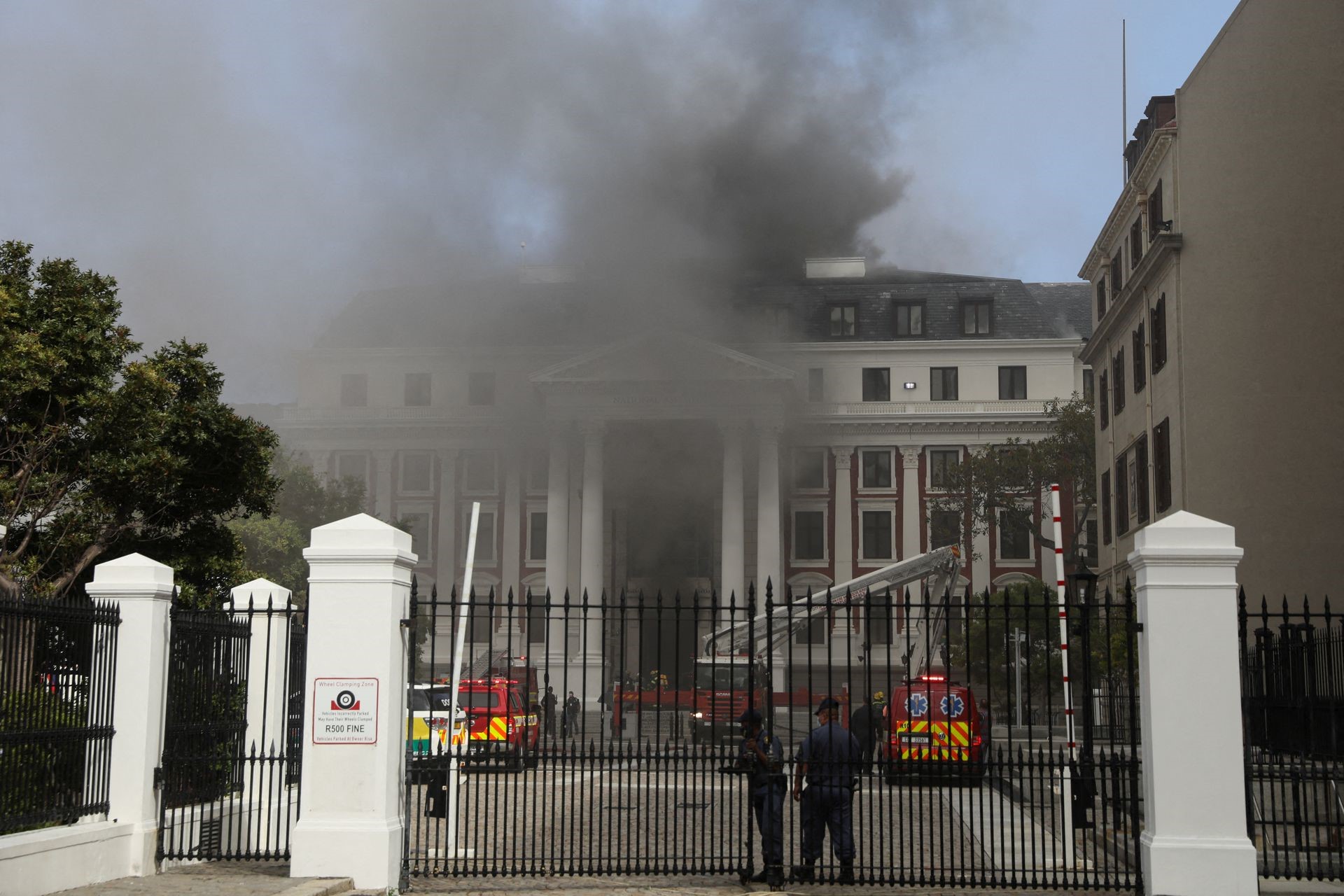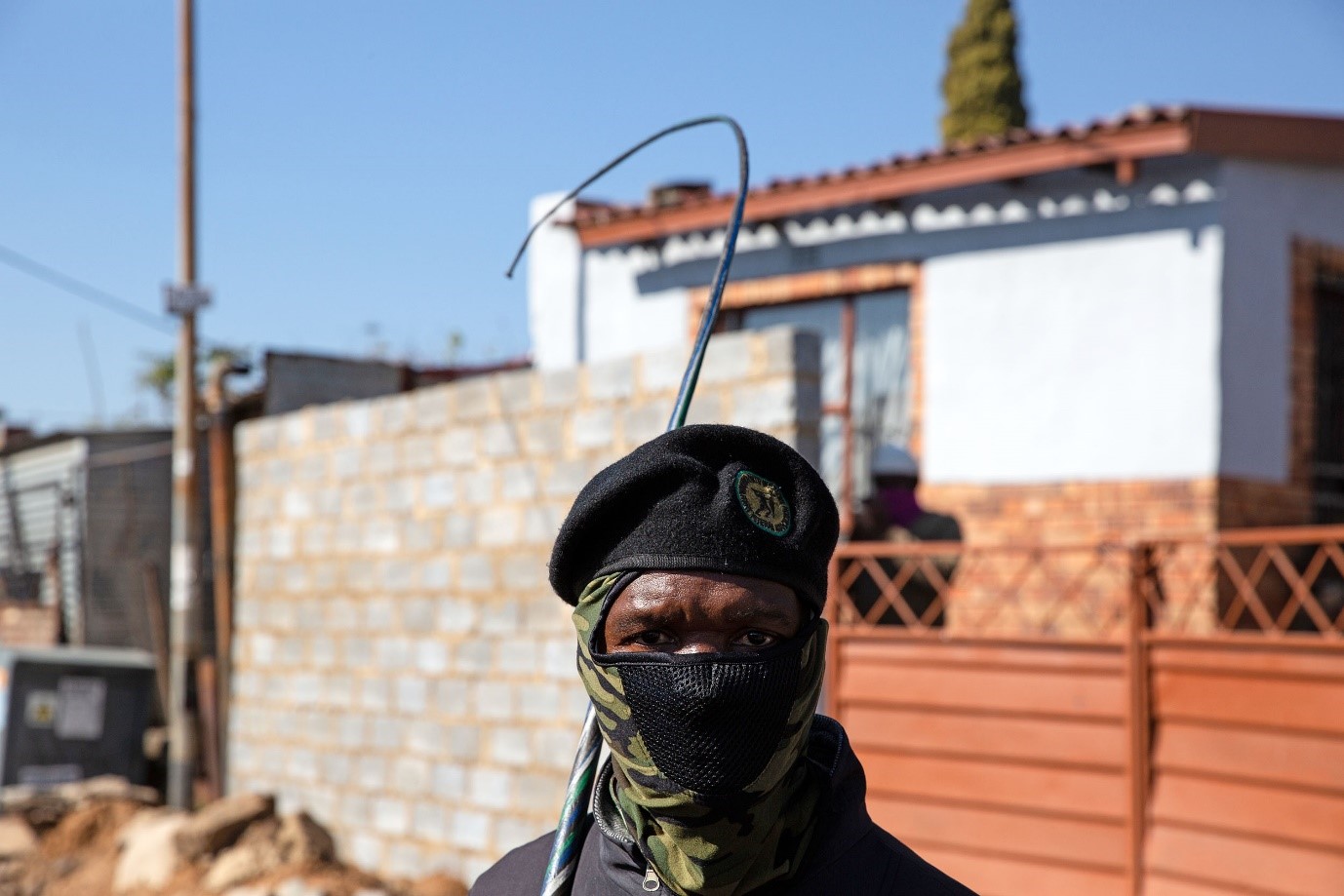ESSENTIALLY Steve Biko was a violent man. This view is inconvenient to dominating approaches to his ideas.
There are many Bikos. Though there might be some menial divergences, ultimately the posture of many of these interpretations tend to offer a Biko that bolsters the white supremacist haven of post-1994 South Africa.
I recall being on a panel with former ANC national chairwoman Baleka Mbete, for a discussion on the legacy of the artist Thami Mnyele. Mbete said something very odd: "Whenever I encounter racial prejudice, I always put on my black consciousness." Something to that effect! Like an item one can don at convenient moments, Biko and his black consciousness in politics have the effect of a dispensable object.
More than this, there is a penchant to distort him. When he's cited, he is often recuperated as a retriever of the very ideas he rejects – non-racialism, integration, etc. One must shudder at how the couple Biko and Nelson Mandela are mustered - an extension of the betrothal between Mandela and Cecil John Rhodes, as it were.
Like one German author argued about the seizure of the dead by the powerful, Biko is brought to the table of power not only to silence him, but also ultimately to discombobulate the restless masses.
The post-1994 state, with its junior partners in civil society, needs distortions and the silence of Biko to continue business as usual. When we read, for example, that poverty and exclusion of blacks is structurally organised by anti-black racism, all sorts of defences are mobilised to diffuse the prevailing racial underpinnings. This "deliberate evasiveness", as Biko would call it, is essential to many of power's strategies. If black people still do not fully grasp that the world remains structured by the old sentiments of anti-black solidarity, their oblivion sustains the status quo. Thus distortion and appropriation of the black agenda are not external but intrinsic to the very functioning of power.
Essentially Biko can only be anathema to the current state project - every slightest mention of his name must be viewed with suspicion. After all, Biko is a figure only to animate us to mount a revolution against the state. He does not permit us even the feeblest mistake of nudging us to consent, as it's often maintained. To concede to such would be to give credence to our own oppression, exclusion, dispossession and finally our civil death. Biko's inclusion into the body politic reflects the black masses' own inclusion into the multiracial illusion - that is, as he's included, he's simultaneously marginalised and excluded. Biko and the black masses, it seems, can only be taken seriously if they adjust to the injunction to be excluded. This is the patina that unravels before our eyes - inevitably, we must not just concede to our plight, but accept it.
Biko long predicted this. We live in dangerous times; the archaic face of the white racist has disappeared from the seat of power and subsequently our eyes, but the methods of white supremacist terror have not ceased to humiliate blacks. Biko had long noted racism is naturally a mutating and dynamic structural force that can last beyond its institutionalised form by virtue of its ability to "adjust". That is, real transformation isn't merely a ritual of switching administrative organs, but fundamentally uprooting the conditions of possibility, structurally. He argued that things could be shoddier, in the event that those blacks are "extensions of the enemy into our rank". The past 20 years of democracy have been nothing other than a dramatisation of those prophecies.
So, how do we reappropriate Biko today?
I often shudder at the audacity of many who labour tirelessly into distortions, as if to discipline Biko. To make him, pretty much like the state police did in 1977, speak anything other than black truth. With crude temerity some have gone as far as reducing him to those very tribal identities he abhorred. On the other hand, the white left - he famously labelled white liberals a "bunch of do-gooders"- continually turns him into some common humanist.
We have to insist - Biko was a violent man. It is not only empirically untrue to argue Biko was a nonviolent man, but also thinking of Biko as violent betrays the motivations of the many engaged in deliberate distortions. These interpretations of Biko with all their divergences find their truest expression in how Biko is acquiesced to the current dispensation.
So to insist on a violent Biko is to affirm the insolent refusal to fall down the slippery slope of the Mandelasque framework. Or, put differently, it is to insist on the ideational capacity and rigour of a black revolutionary praxis that stretches beyond the standardised veneer of post-1994 ideology. Predicated at the level of understanding the so-called real problematic Biko's violence is the wager to demystify the antics of power and implant an egalitarian society. It is a wager to obliterate the reins of power rather than modify them. Similarly, it calls for transgression other than the manipulatory talk about dialogue. From this viewpoint, there is no turning back, we can only resume Biko as what he truly is - the apotheosis of the liberation project in its socialist sense. Bolekaja!
*This article was initially published on Sunday World - Talk

